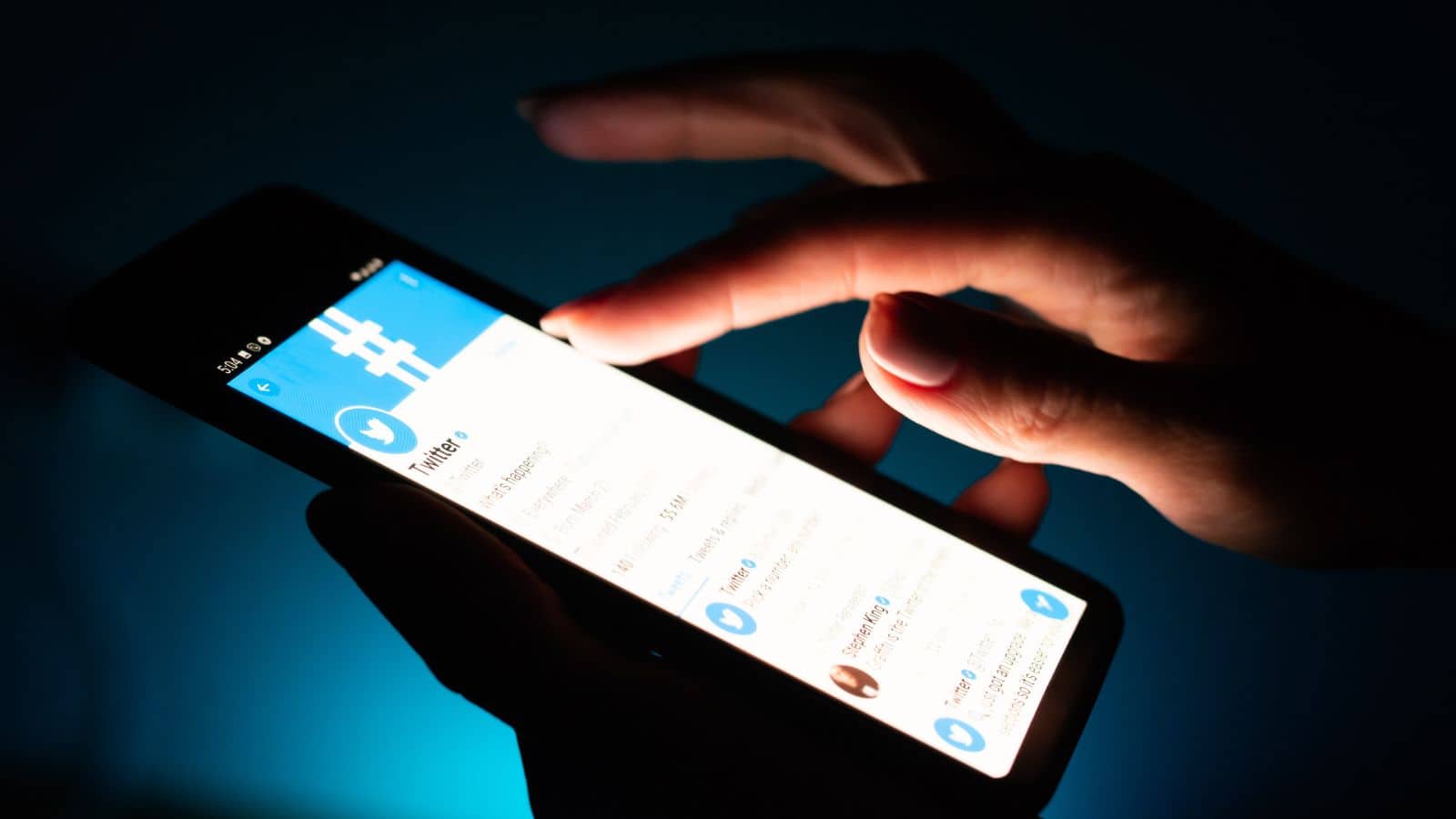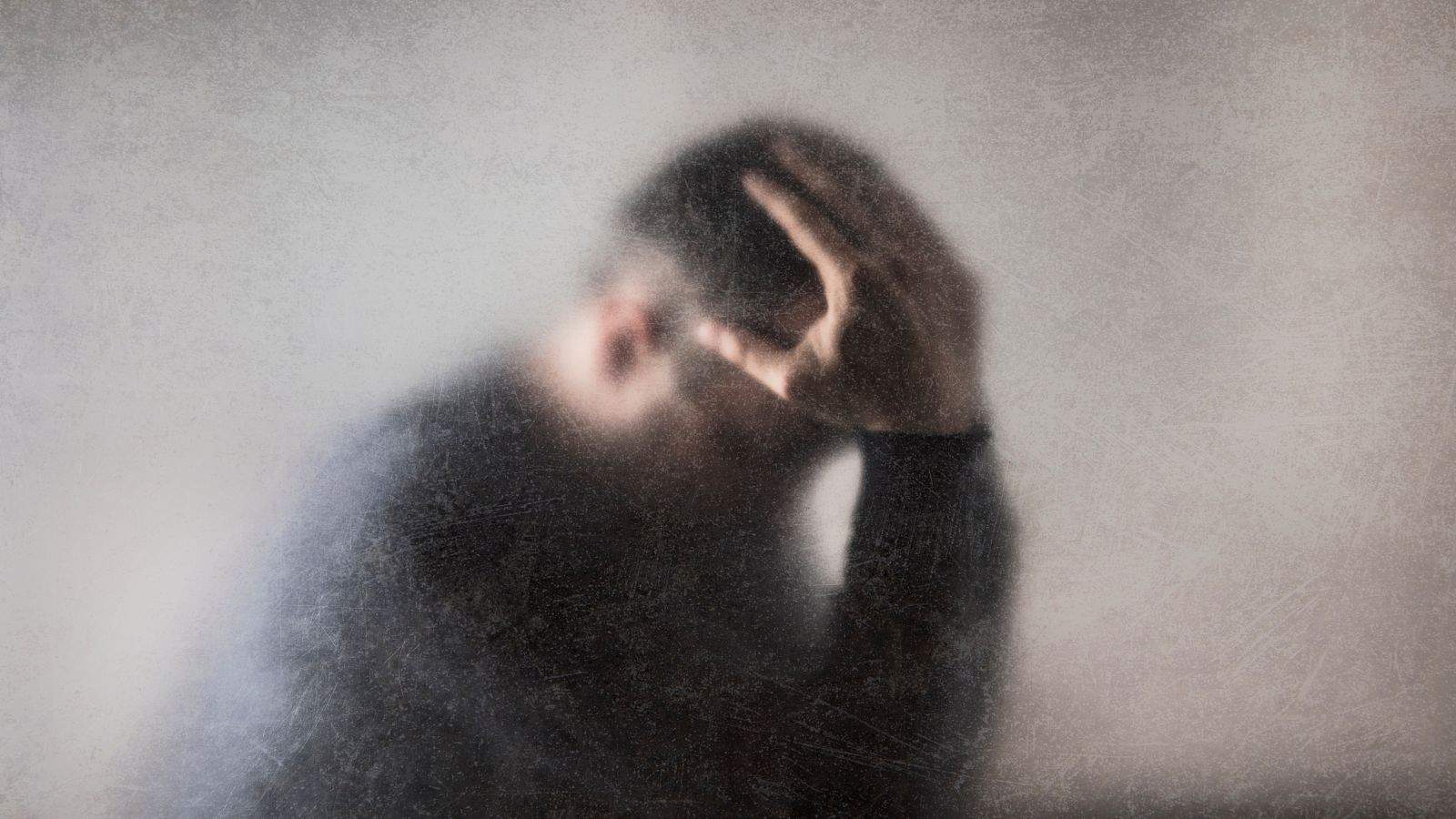We all have moments when we feel a sense of isolation, even in the midst of our social circles. It’s a silent feeling that’s hard to explain and even harder to shake off. Here are 17 reasons why you might be experiencing that secret sense of isolation.
Pressure to Perform Socially

Social interactions can often feel like a performance, where you’re expected to act a certain way to fit in. As Calm Clinic points out, this pressure can manifest into anxiety, which can then lead to a desire to detach oneself from social circles, making it difficult to connect with others on a genuine level. Feeling like you’re always “on stage” can create an invisible barrier.
Illusion of Social Media Connections

These days, social media gives the impression that we are constantly connected with others. However, in reality, these connections can be superficial, lacking the depth and authenticity of real-life relationships. Scrolling through feeds can leave you feeling more alone, as the comparison trap diminishes true interaction.
Challenge of Vulnerability

Opening up to others requires vulnerability, which can be intimidating. The fear of being judged or misunderstood often leads people to keep their true feelings hidden, and this reluctance to share can create an emotional distance, making it harder to form deep, meaningful connections.
Erosion of Community Ties

In many areas, strong community bonds have weakened over time. Neighborhoods are less tight-knit, and communal activities are on the decline. The absence of these supportive networks can contribute to feelings of isolation, as people find themselves without a local sense of belonging.
Impact of Constant Busyness

Society often equates being busy with being successful, but constant busyness can leave little room for meaningful connections. When life becomes a series of tasks and obligations, personal relationships may suffer, leading to a feeling of being alone even when surrounded by others. Sadly, some people even do this intentionally to avoid their feelings of isolation.
Fear of Rejection

Nobody likes to be rejected, and sadly, the possibility of rejection can hold some people back from reaching out to others. This fear can lead to self-imposed isolation, as avoiding potential negative outcomes feels safer than risking vulnerability. Over time, this avoidance can turn into a cycle of loneliness.
Shift Towards Individualism

Over the last decade or so, a cultural shift has occurred, prioritizing individual goals and achievements over collective experiences. While personal success is certainly still important, it can sometimes come at the expense of shared connections, creating a focus on the self that can cause unspoken divides between people.
Role of Technology in Communication

While technology has made communication easier, it has also created barriers to genuine interaction. Texts, emails, and instant messages can lack the emotional nuance of face-to-face conversations, leading to misunderstandings and a sense of disconnection, even when you’re constantly chatting with friends.
Invisibility of Mental Health Struggles

It’s a positive step forward that society cares more about mental health these days, but they’re still often hidden from view, leading those who struggle to feel isolated in their experiences. The stigma surrounding mental health can prevent people from seeking support, even when it’s available, leaving them to cope alone.
Overwhelm of Choice

Nowadays, we often have too many choices for just about everything, which can be overwhelming, leading to decision fatigue and a sense of detachment. When people are constantly faced with decisions—big or small—they may find it harder to commit to relationships or social activities, contributing to a feeling of isolation.
Pressure of Perfectionism

Another contributing factor behind people feeling isolated is their perfectionism, which can create an internal barrier that makes it difficult to connect with others. When people feel the need to present a flawless image, they may avoid sharing their true selves, ultimately leading to gradual breakdowns in their relationships.
Decline of Face-to-Face Interaction

Sadly, in-person interactions are increasingly being replaced by virtual ones. Although technology offers convenience, it often lacks the warmth and connection that come from face-to-face meetings. The absence of these real-world connections can lead to a growing sense of being alone, one that can be difficult to avoid when our lives are dominated by technology.
Impact of Chronic Stress

Chronic stress takes a serious toll on both mental and physical health, leaving little energy for social interaction. The more stress that accumulates, the harder it becomes to break the cycle, and sadly, this is a negative feedback loop that all too many people are experiencing today.
Loss of Shared Experiences

Shared experiences are essential for building connections, but they are becoming less common. As people pursue individualized activities or work in isolated environments, opportunities for collective experiences diminish. This lack of shared moments can weaken bonds and increase feelings of loneliness.
Strain of Unmet Expectations

When you face unmet expectations in relationships, this can lead to disappointment and distance. Reality might not match what was hoped for, creating frustration and disconnect for both parties. Over time, this strain can lead to feelings of hopelessness as the gap between expectations and reality widens.
Influence of Cultural Norms

Societal expectations can dictate how people interact, often discouraging deep emotional connections. In environments where stoicism or independence is valued over vulnerability, individuals may feel pressured to withhold their true feelings, leading to these cultural norms directly causing isolation.
Struggles with Identity

Some people struggle with defining their identity, and this can also contribute to a sense of isolation, particularly when they feel out of sync with their surrounding environment. Whether it’s due to cultural differences, personal beliefs, or lifestyle choices, feeling misunderstood or out of place can create a profound sense of loneliness.

